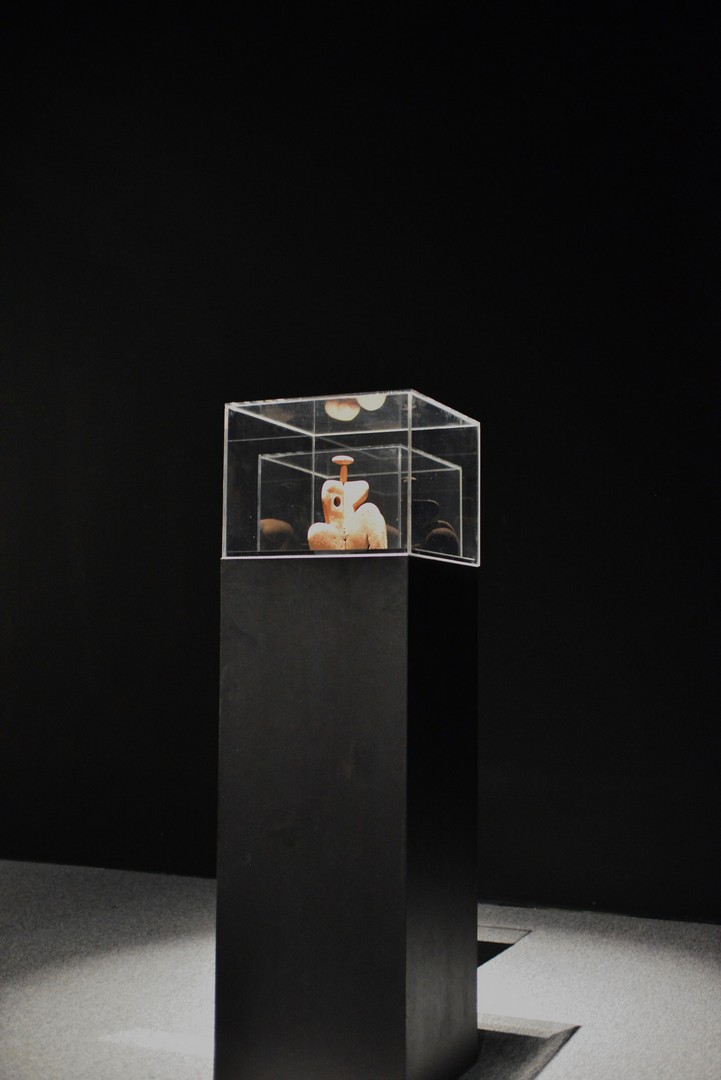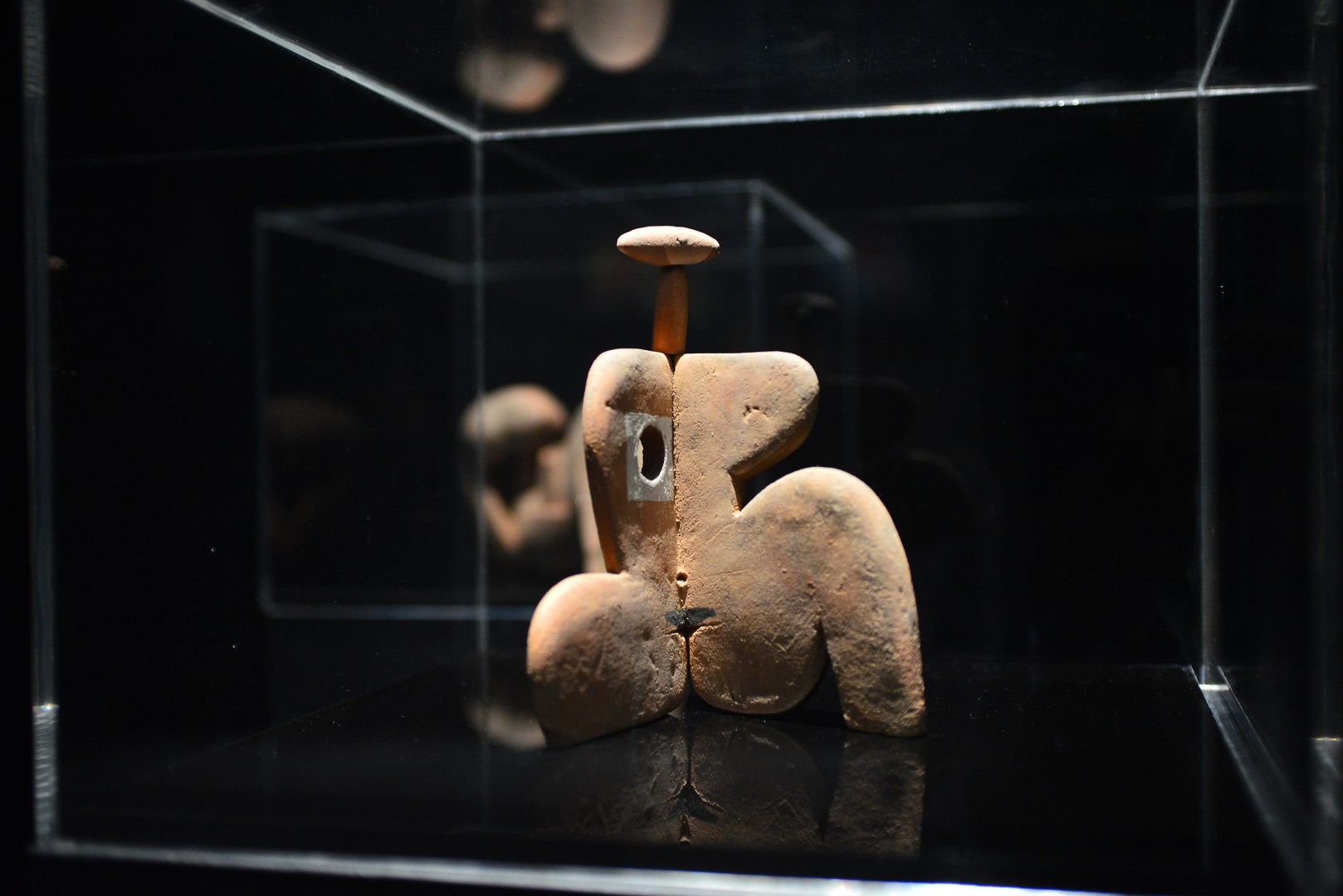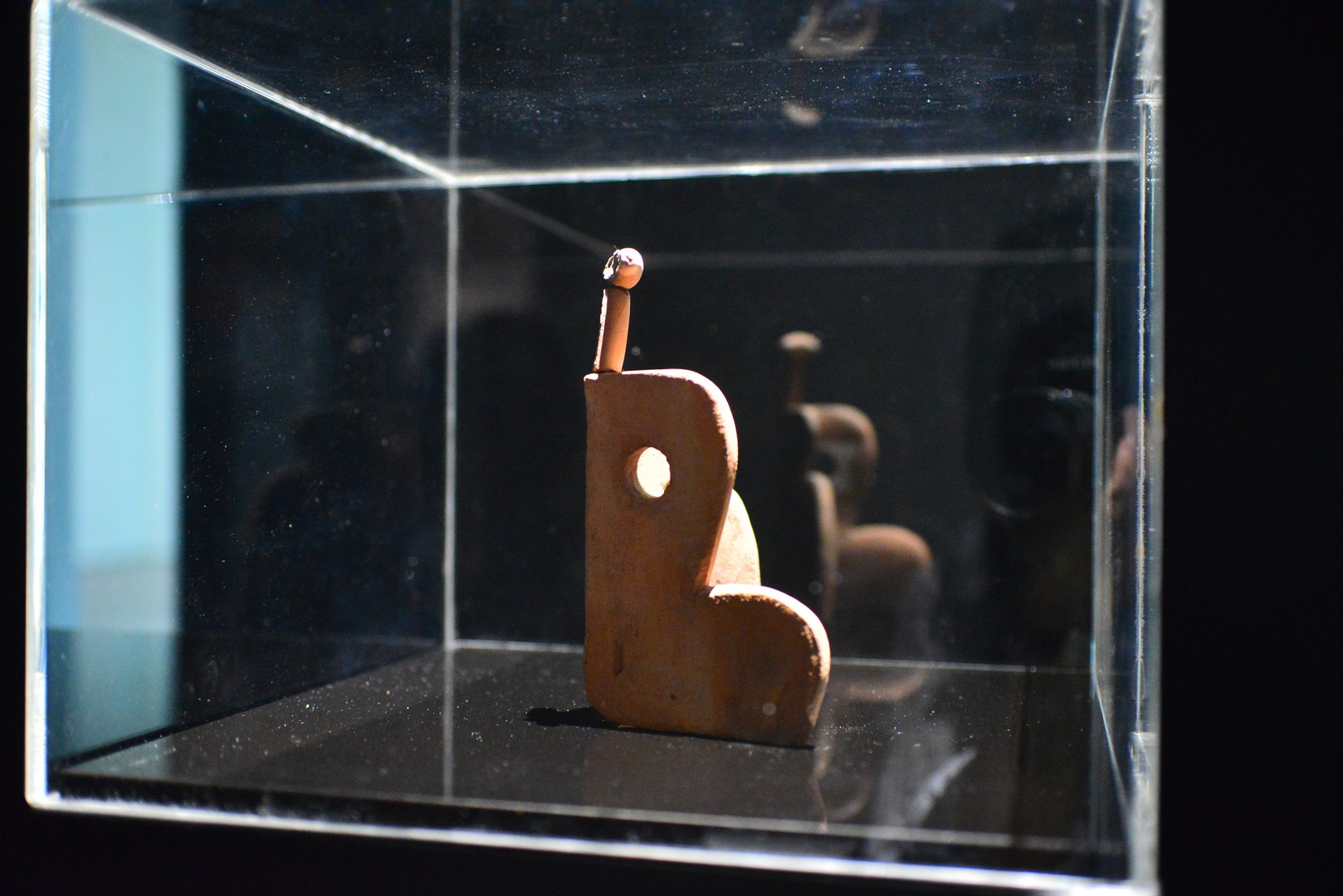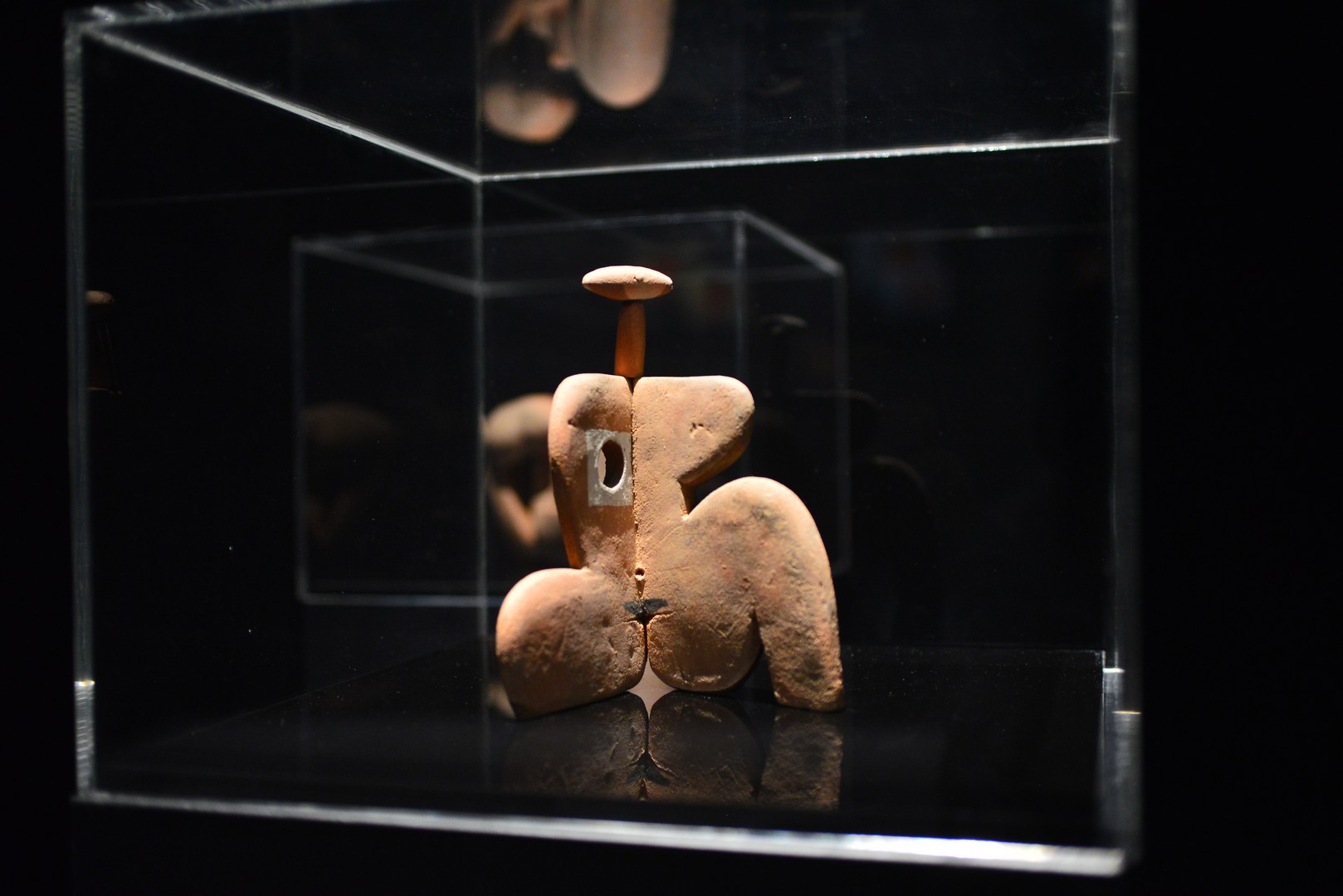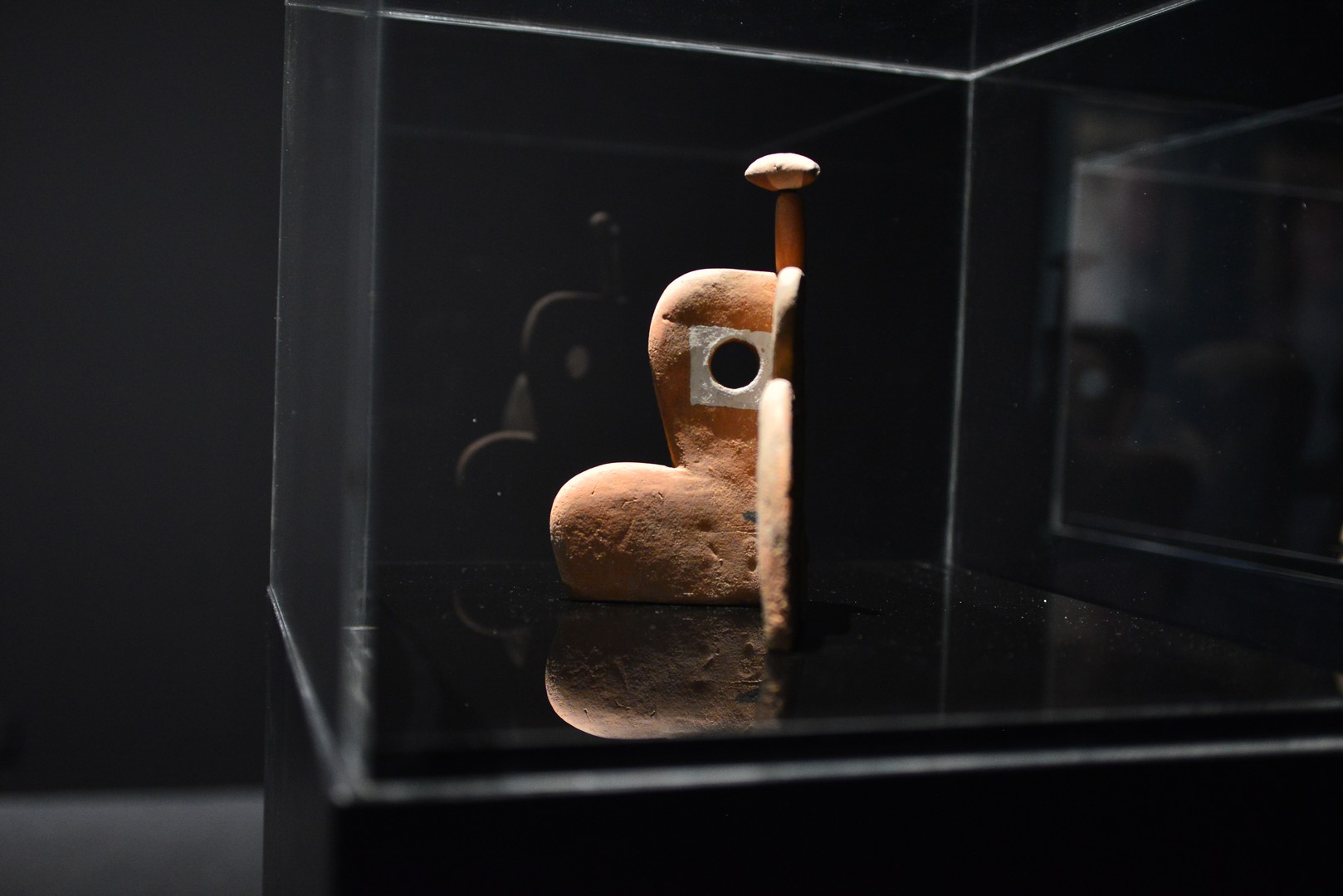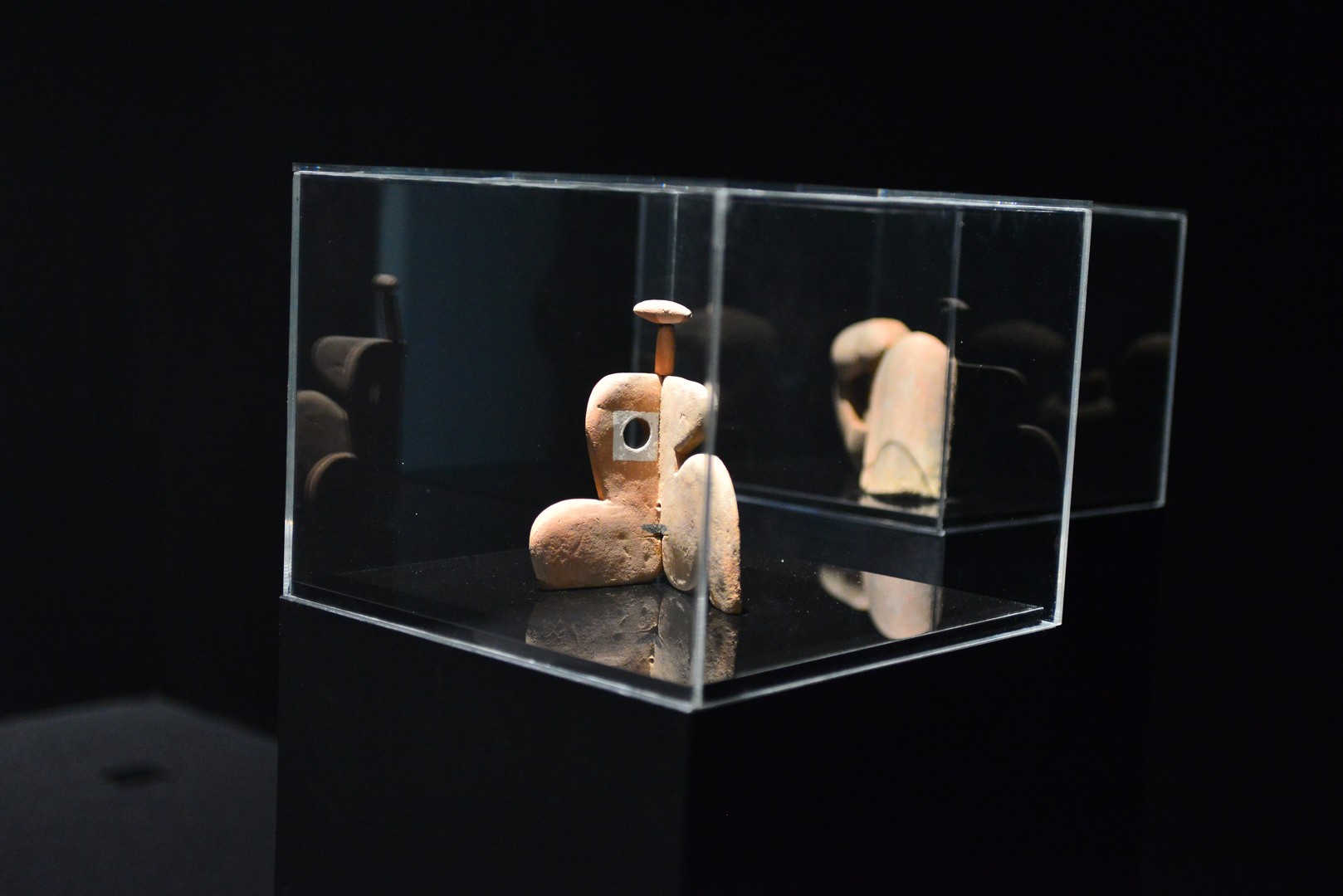Description
Lê Công Thành is often recognized for his sculptures depicting soldiers, Vietnamese women during the resistance against American aggression for national salvation, and statues of Uncle Ho. His career is divided into two periods, with a significant milestone in 1985. Before 1985, he focused on creating works aligned with the country’s Socialist Realist impulse. After 1985, he shifted his focus to depicting the beauty of women through a series of small, round sculptures characterized by a language of radically abstract and symbolic representation. He also developed a stronger interest in sculptures situated in space and experimented with thin-panel sculptures featuring metal or cardboard and wire structures.
On the theme of women in his works, the sculptor once shared: “I don’t sculpt women as frivolous, romantic, or surly; nor do I sculpt aloof, arrogant women. I don’t know how to speak; I only know how to sculpt. I only know how to use my hands to signal, my sincere hands to console. I can only say one thing: ‘I am not an artist who sculpts and paints naked, stripped-down women. But because of women, I become an artist in the true sense of being a Human.’”
(Edited from text excerpts provided by Đỗ Đức).
Source: Nguyen Art Foundation.

